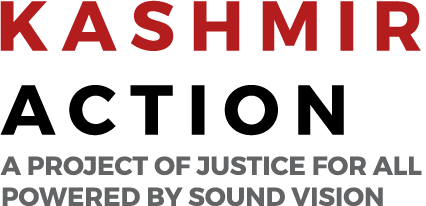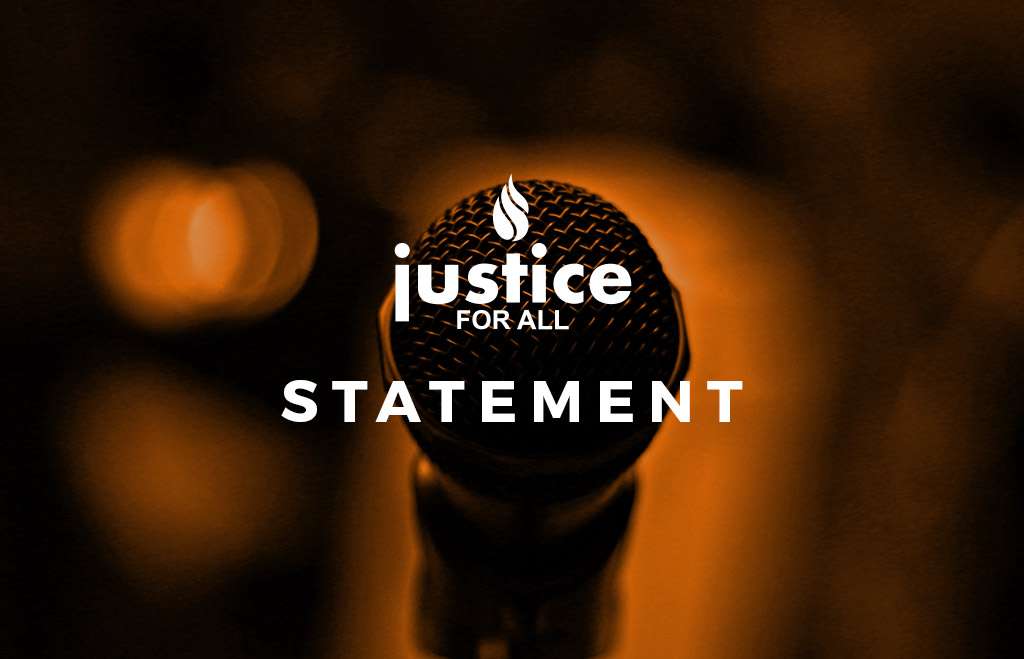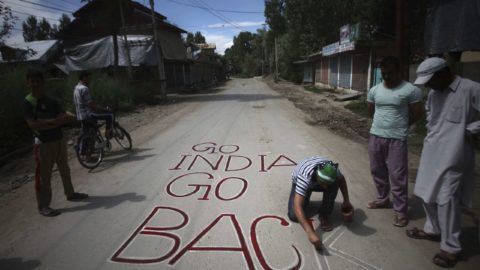Justice For All Statement on Torture and Extrajudicial Killings in Kashmir February 18, 2025 Justice…
Statement Condemning Massive Abduction of Girls in Disputed Jammu and Kashmir
At Justice for All, we are deeply alarmed by the recent surge in abduction cases and the alarming number of girls reported missing in the Internationally-disputed and Indian-held territory of Jammu and Kashmir following the abrogation of its autonomy by the Indian government. This situation raises serious concerns about the safety and well-being of the girls in the region. We condemn these abductions and demand immediate action to address this grave issue.
The data provided by the Indian central government is deeply troubling[1][5].
Between 2019 and 2021, a staggering 9,765 women and girls were reported missing from their residences in the region. This represents a nearly three-fold increase compared to the previous three years. The numbers continue to rise, reflecting a distressing trend that demands urgent international attention and action.
The heavily militarily-occupied nature of the territory adds another layer of concern. An overwhelming force of around 900,000 Indian troops are present in the small area. It is perplexing how such abductions could take place without being noticed by these security forces, raising the alarming possibility that army troops might be involved in these abductions or are ignoring them.
In one particularly distressing case in 2021, there was evidence of army personnel being involved in an abduction. Such incidents further reinforce the need for transparent investigations and accountability mechanisms to ensure that those responsible for these abhorrent actions are brought to justice[2].
The situation becomes significantly more intricate when we take into account that the Indian army in Kashmir is shielded by a notorious law known as AFSPA, or the Armed Forces Special Powers Act. This legislation essentially grants unlimited authority to Indian troops.
The analysis of these incidents becomes even more unsettling when examined within the context of the demographic changes instigated by the Indian government subsequent to the revocation of Article 35 from the Indian constitution[4]. Millions of non-Kashmiris have been granted domicile, primarily ex-army personnel and their families, which provides them with residency rights. Previously, Article 35 had functioned as a safeguard against settlers from Indian states. Settlement is also prohibited under international humanitarian law within an occupied territory and is a clear violation of Article 49(6) of the Fourth Geneva Convention, which states: “The Occupying Power shall not deport or transfer parts of its own civilian population into the territory it occupies.”
It is noteworthy that these abductions have sharply increased with this alteration of the demographics & may be a consequence of distributing reportedly millions of domiciles to non-Kashmiris by the RSS-BJP Indian regime. These actions are in violation of the Geneva Conventions, which protect the rights and dignity of civilians in conflict zones. It’s imperative to recognize that such actions can have long-lasting ramifications for not only the affected individuals but also the overall stability of the region. We emphasize that the Indian government, as a military-occupying power, must fulfill its obligations under the Geneva Convention to protect the rights of the inhabitants of the territory.
These incidents take on a deeply disconcerting aspect when juxtaposed with the discourse that surfaced on social media following the annulment of Article 370. Thousands of adherents of the ruling RSS-BJP party openly embracing Hindutva ideologies went to the extent of deliberating over schemes to marry Kashmiri girls.[3] This not only casts a spotlight on the broader issue of singling out girls but also triggers inquiries into the motivations that drive these abductions. Furthermore, it accentuates apprehensions about possible shifts in demographics and the resulting impacts on the social and cultural tapestry of the region.
Justice For All urges the international community, human rights organizations, and governments to condemn these abductions and pressure the Indian government to take immediate action. We call upon Indian authorities to thoroughly investigate these cases, hold those responsible accountable, and take meaningful steps to ensure the safety and well-being of girls in Jammu and Kashmir.
Justice for All fervently urges the US Congress to leverage its influence in encouraging the Indian government to restore Article 370 and Article 35, thereby reversing the demographic alterations in the occupied territory. Upholding the rights and preserving the dignity of the people in Jammu and Kashmir remains paramount, and it is imperative that international legal principles are honored in this regard.
We stand in solidarity with the people of Jammu and Kashmir, particularly the families of those affected by these abductions, and urge for a swift resolution to this distressing issue.
References:
[1] “Nearly 10K Women, Girls Go Missing in Kashmir, Sparking Alarm.” VOA News.
[2] “Mufti Seeks Probe into Alleged Molestation of Girl by Army Men.” The Indian Express.
[3] “Thousands of ruling BJP party followers openly espousing Hindutva ideologies went as far as discussing plans to marry Kashmiri girls.” Reuters.
[4] J&K Govt Issued 4.1 Lakh Domicile Certificates in Two Years.” Outlook India.
[5] “10,000 Women Have Gone Missing in Jammu and Kashmir from 2019 to 2021, Center Says.” Kashmir Observer.




